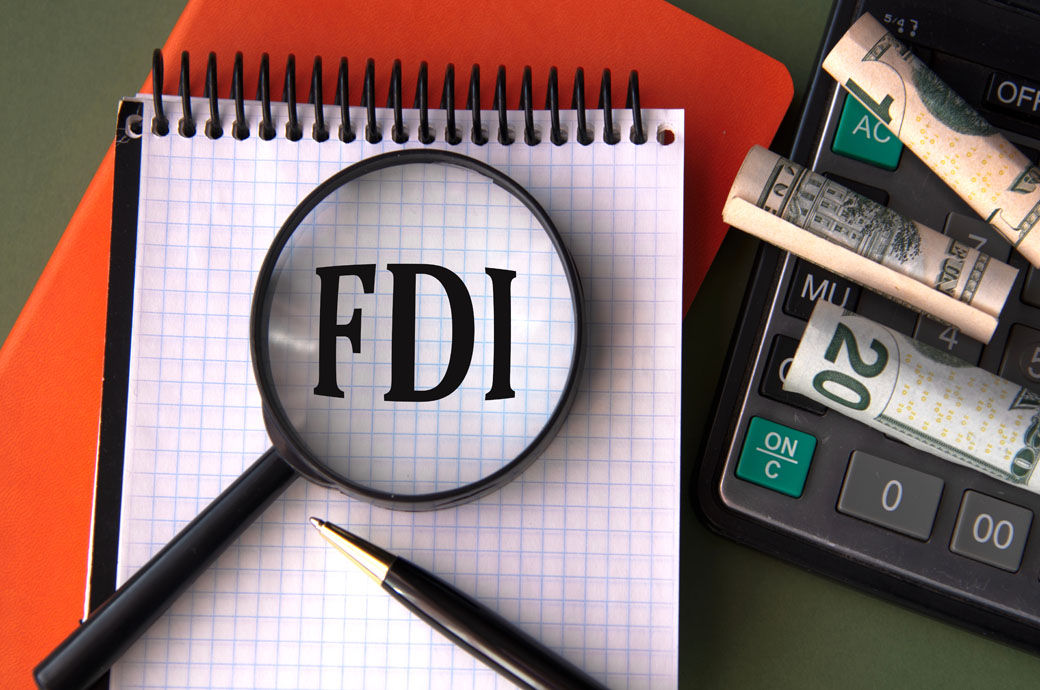
When excluding the impact of a few exceptions, the report reveals a sharper decline of over 10 per cent in global foreign investments for the second consecutive year. This decline is driven by increasing trade and geopolitical tensions in a slowing global economy.
While FDI prospects remain challenging in 2024, the report says that “modest growth for the full year appears possible”, citing the easing of financial conditions and concerted efforts towards investment facilitation.
Foreign investment declined moderately in most regions. FDI flows to developing countries fell by 7 per cent to $867 billion last year, reflecting an 8 per cent decrease in developing Asia.
This figure dipped by 3 per cent in Africa and by 1 per cent in Latin America and the Caribbean.
On the other hand, flows to developed countries were strongly affected by financial transactions of multinational enterprises, partly due to efforts to implement a global minimum tax rate on the profits of these corporations, an UNCTAD release noted.
Inflows to most parts of Europe and North America were down by 14 per cent and 5 per cent respectively.
Foreign investments in structurally weak and vulnerable economies bucked the trend, increasing slightly across least developed countries, landlocked developing countries and small island developing states.
With tight financing conditions in 2023, the number of international project finance deals—crucial for funding infrastructure and public services such as power and renewable energy—fell by a quarter.
This triggered a 10-per cent reduction in investment in sectors linked to the sustainable development goals (SDGs). These sectors registered fewer internationally financed projects in 2023 than in 2015, when the goals were adopted.
On the other hand, greenfield project announcements grew in developing countries by more than 1,000, but highly concentrated in Asia.
Meanwhile, the mobilisation of funds for SDG investment through sustainable finance products in global capital markets is slowing down, UNCTAD noted in the report.
Sustainable bonds showed marginal growth in 2023, whereas new inflows in sustainable investment funds dropped by 60 per cent.
Eighty-six per cent of the investment policy measures adopted by developing countries were favourable to investors last year.
Fibre2Fashion News Desk (DS)